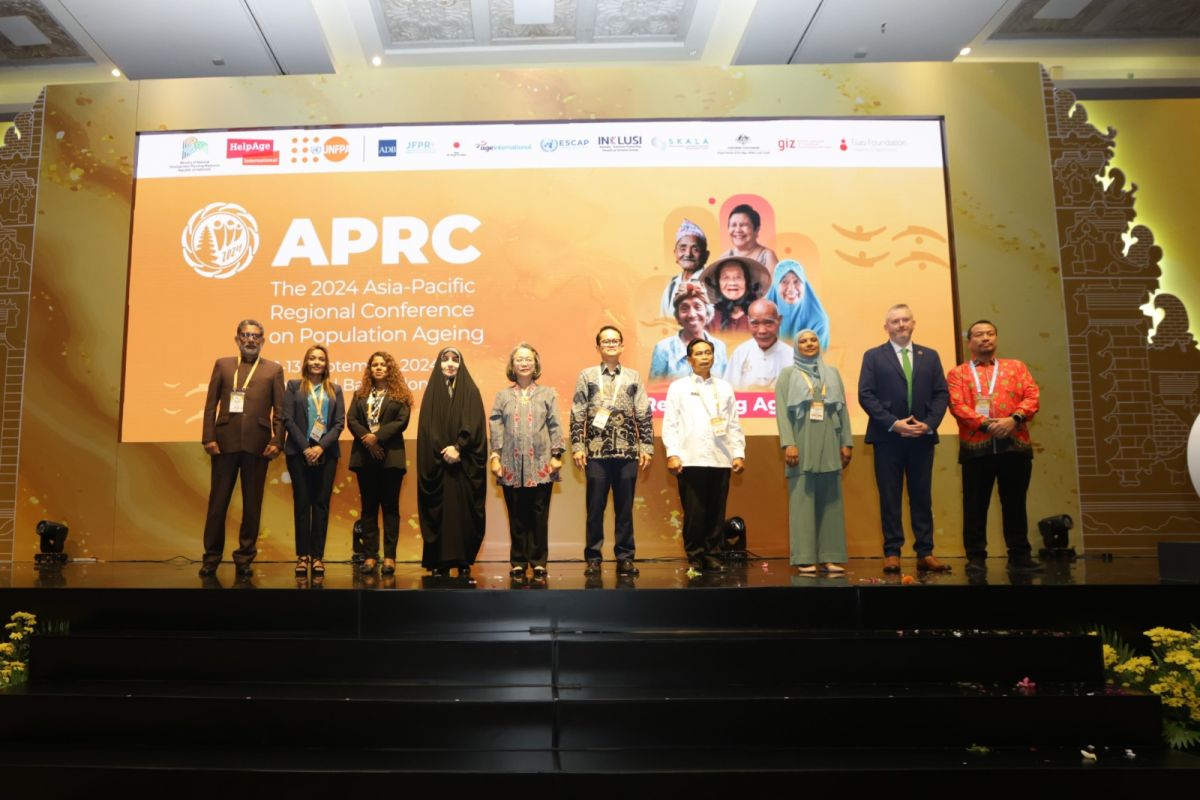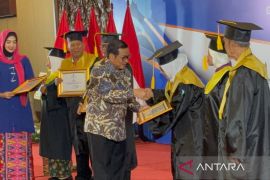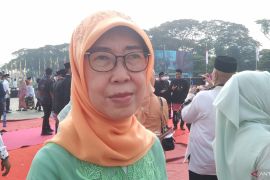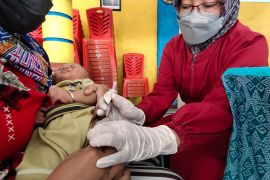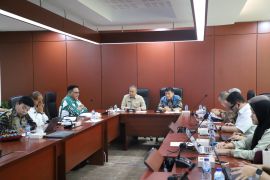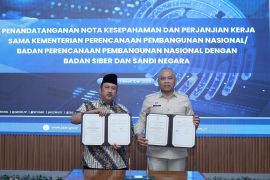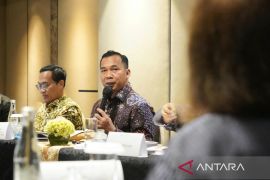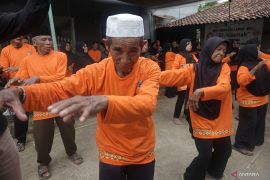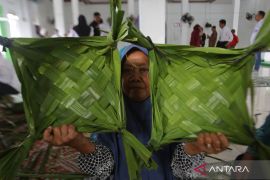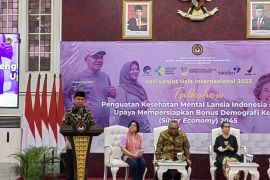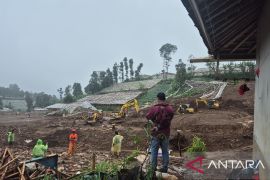Deputy for population and manpower at the Ministry of National Development Planning, Maliki, said that the government adopted the National Strategy for the Elderly (SNLU) through Presidential Regulation No. 88 of 2021 to ensure an independent, prosperous, and dignified life for everyone.
His party has also completed the draft of the 2025 long-term development plan, which covers several important issues such as people's protection and welfare.
"We must see aging as a lifelong process with a cross-sectoral approach," he said, according to a statement released by his office on Wednesday.
While speaking at the "2024 Asia-Pacific Regional Conference on Population Aging: Reframing Aging" in Bali on Wednesday, Maliki stressed that to ensure the elderly are subjects and not just objects of development, society needs to prepare right from the first one thousand days of a person's life.
An intergenerational approach is necessary to realize a prosperous elderly period, he added.
The conference discussed this transformation by focusing on the theme of "Reframing Aging."
At the conference, more than 450 experts, policy makers, members of the UN and international agencies, as well as civil society leaders from across the Asia-Pacific deliberated on ways to reimagine the role of the elderly in society.
Meanwhile, Deputy Minister of Health, Dante Saksono Harbuwono, said that the elderly population is continuing to increase globally, with one in five people in the world expected to be aged over 60 by 2050.
"Delaying aging does not only focus on the health challenges faced by the elderly, but also our ability to empower them," he emphasized.
He informed that his office has developed integrated primary health services that focus on all stages of life, and target not only mothers and children, but also the elderly.
In addition, Under-Secretary-General of the United Nations and executive secretary of the Economic and Social Commission for Asia and the Pacific (ESCAP), Armida Salsiah Alisjahbana, said that the challenge of population aging is not merely the responsibility of the government, but requires solutions from all parties.
Alisjahbana suggested adopting a multidimensional and holistic approach that involves promoting support for active and healthy aging, along with encouraging the participation of the elderly in the workforce and utilizing digital technology to extend their productive lifespan.
Related news: Ministry prepares programs as RI enters population aging era
Related news: Caring for aging population with better policies, social awareness
Related news: Elderly empowerment vital in face of aging population: ministry
Translator: Ahmad Wijaya, Resinta Sulistiyandari
Editor: Azis Kurmala
Copyright © ANTARA 2024
